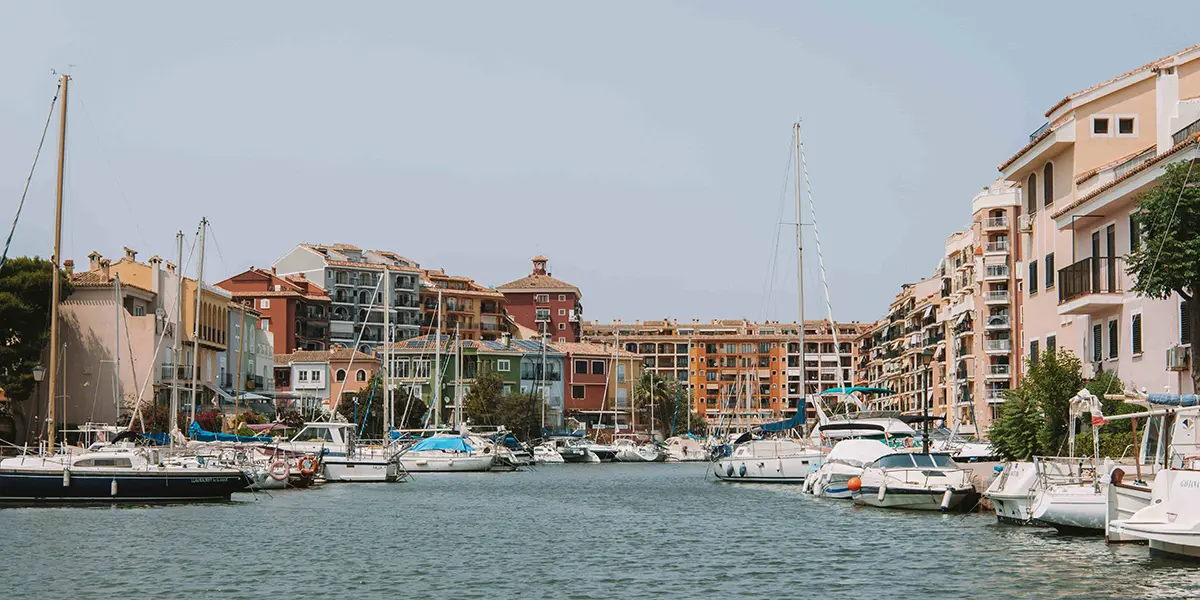Spain is making headlines with a bold move — a 100% tax on foreign property purchases. If this plan goes, non-EU investors looking at house buying Spain may face a complete tax. What does this mean for the market? Should you still consider buying a house in Spain? Let’s break it down with answers, estimates, and real examples.
Why is Spain Considering This Tax?
The Spanish government argues that rising property prices make it impossible for locals to afford homes. Cities like Barcelona and Madrid, along with coastal hotspots, have seen property values skyrocket. Foreign investment is a major factor. To tackle this, Spain wants to deter non-EU buyers by implementing property tax in Spain for foreigners at an extreme level.
According to Spain’s Ministry of Housing, nearly 14% of properties in coastal tourist regions are owned by non-EU residents, pushing local buyers out of the market. But is this the right approach?

Who Will Be Affected?
- Non-EU citizens looking to buy residential property.
- British, American, Chinese, Canadian, and other international investors.
- Expats considering relocation to Spain for work or retirement.
Spain has become a hotspot for international property buyers, with significant transactions coming from within the EU and beyond. In recent years, non-EU buyers have made up about 20% of Spain’s property market. British, American, Chinese, and Canadian investors are the largest groups. Expats moving for work or retirement also drive demand.
The 100% Spain tax could cancel thousands of planned purchases, especially from non-EU buyers. Will it work? Only time will tell.
Could This Backfire on Spain’s Economy?
Experts warn this tax could hurt Spain’s economy. Foreign buyers bring billions to the country. They rent properties, spend money, and create jobs. If they move to Portugal or Italy, Spain could lose vital revenue.
In 2023, British buyers made up 10% of all foreign property transactions in Spain. Chinese and American buyers also played a big role, focusing on luxury properties in major cities and coastal areas. If they leave, coastal property prices might crash by 20–30%. They might have to start selling sunbeds instead of villas while investors scramble to move their money elsewhere.

International Buyers Look Elsewhere
Many prospective non-EU buyers are now reconsidering Spain as their property investment destination. A shift is already happening, with foreign property investment in Spain falling by 8% in the last quarter, according to Spain’s National Institute of Statistics, even before the proposed 100% tax was confirmed.
American investors, who once saw Spain as an affordable European getaway, are now turning to Portugal, where taxes remain more favorable. Chinese buyers, previously drawn to Spain by the now-abolished golden visa program, are looking toward Greece or Malta, where incentives for foreign investment remain stronger.
UK buyers are also looking elsewhere. Many British investors, especially those after holiday homes or long-term stays, are checking out the Cyprus property market instead. The uncertainty around the new tax has made them nervous about buying in Spain. They’re worried there might be more tax hikes or even taxes on properties they already own.
Now, many buyers are starting to question how stable the Spanish property market really is. And their concerns are completely justified. After all, they still play such a big role, and this change could lower demand and hurt property values in the popular spots.
How Does This Compare to Other Countries?

Spain isn’t the first country to tighten rules on foreign property ownership, but a 100% tax is an extreme measure — especially when you consider how property taxes across Europe vary in scope and intent. Let’s look at how other nations handle foreign buyers:
- Canada: Recently banned foreign homebuyers in significant cities to cool the housing market. The result? Prices dipped slightly, but loopholes allowed many to buy through family or business setups.
- New Zealand: Banned most foreign buyers in 2018. House prices surged anyway, proving that locals buying multiple properties can be a bigger issue.
- Switzerland: Limits foreign purchases in certain regions but allows second-home permits instead of blocking them completely.
While these countries have adopted similar approaches, 100% Spain tax is a more radical step, raising questions about its long-term impact on the local market.
What Alternatives Does Spain Have?
Rather than banning non-EU purchases through extreme taxation, Spain could consider:
- Higher but reasonable foreign property taxes (e.g., 10–20% instead of 100%).
- Stronger rent control laws to keep housing affordable for locals.
- New housing projects specifically for Spanish residents.
Other measures announced by the Spanish government include:
- A tax exemption for landlords who provide affordable housing.
- Transferring 3,000+ homes to a new public housing body.
- Stricter regulations and higher taxes on tourist flats.
- The "golden visa" scheme was abolished in April, which allowed fast-tracked Spanish residency for property buyers investing over €500,000.

Prognosis: What Will Happen Next?
Most experts believe a full Spain tax of 100% won’t pass in its current form. It would likely be challenged legally and adjusted to a more moderate rate. However, stricter property regulations for foreigners are almost certain in the near future. A 100% tax sounds strong, but they must find a balanced approach.
Conclusion: Should You Still Buy in Spain?
If you are non-EU and considering Spanien non dom status, you should pause your plans. Spain remains a top destination, but changes are coming. Investors should stay informed, explore alternatives like Portugal, Greece, or Cyprus property market, and wait for final decisions on this tax before making big moves. Those exploring the Cyprus market can check available villas and houses in Limassol — a top destination for international buyers.
Check Spain’s official government website on housing policies for the latest updates






